

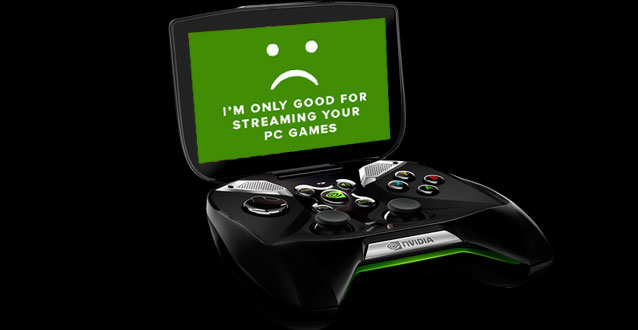
Nvidia unveiled their new Tegra 4 processor this week at the annual CES. In case you don't know what that is, the Tegra 4 is essentially the "world's fastest mobile processor", or so Nvidia claims.
Like the older generation of Tegra chips, the new Tegra 4 is designed for smartphones, tablets, and even notebooks, and comes equipped with a quad-core processor along with a fifth core that runs as a back-up for apps with low requirements to save on battery power.
The processor's powerful enough that it'll be at the heart of Nvidia's newly unveiled SHIELD gaming handheld, which is slated for release later this year.
To showcase the Tegra 4's capabilities, Nvidia demonstrated its streaming capabilities on three games, including Assassin's Creed, Need for Speed: Most Wanted and the presently unreleased Dead Trigger 2. Mind you, the games don't run directly on the phone, but it's more than capable of streaming any game from a PC with tolerably low latency. Impressive, to say the least.
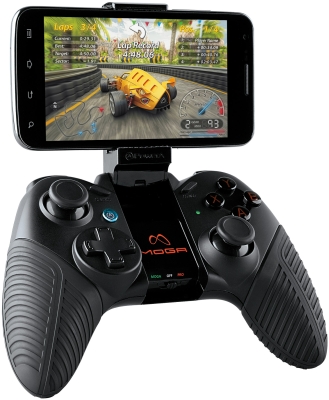
Impressive, to say the least. But is it enough to drive desire for gamers to purchase the Nvidia Shield? Unlikely, given that the device is expected to cost upwards of $350, and Nvidia has stated repeatedly that they plan on making a profit with the device and not sell it at a loss. The make or break factor in the Nvidia Shield is going to be the lineup they have planned for the device itself rather than its ability to stream games, no matter how seamlessly, from the PC.
In terms of running the games on its own, it'll soon have competition from upcoming Android phones which will support Power A's MOGA Mobile Gaming System($49.99), a full-featured controller which syncs up to Android phones via Bluetooth, turning any Android-equipped smartphone into a mobile gaming system. With many Android developers already lining up to support "add-on controllers for smartphones" coupled with Nvidia's Tegrazone getting little to no games added to its library as devs prefer a wider audience, Project Shield could very well be destined to end up being a streaming device for your PC.
The chances of Nvidia garnering as much support as possible from devs in the wake of Sony and Microsoft announcing their next-gen plans, are also slim.
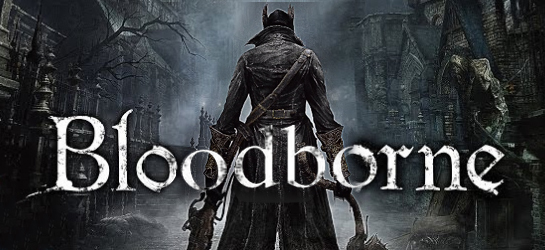

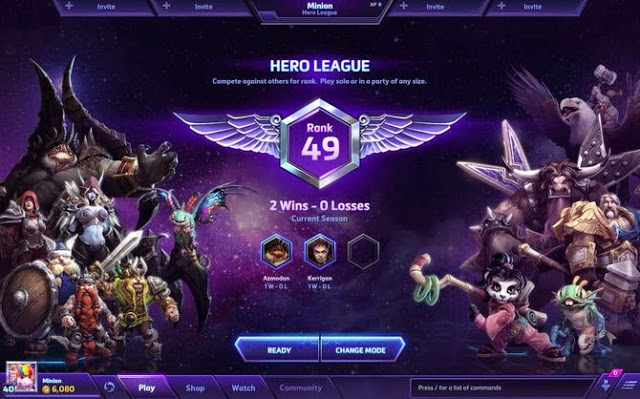
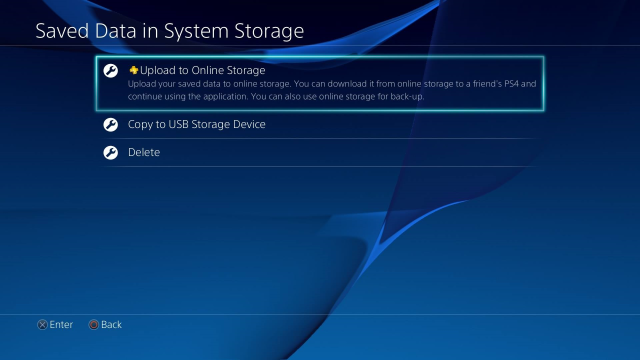
 Fallout 4: Dangerous Minds walkthrough
Fallout 4: Dangerous Minds walkthrough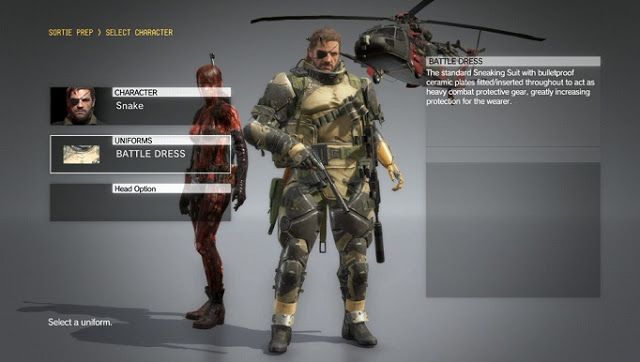 MGS 5 - The Phantom Pain: Unlock Snake Outfits / Costumes
MGS 5 - The Phantom Pain: Unlock Snake Outfits / Costumes Disgaea 5: Alliance of Vengeance - 10 tips for beginners
Disgaea 5: Alliance of Vengeance - 10 tips for beginners Top 25 Best iOS Games
Top 25 Best iOS Games How to fix Valkyria Chronicles PC Launch Issues, Crashes, Sound issue, video card errors and more
How to fix Valkyria Chronicles PC Launch Issues, Crashes, Sound issue, video card errors and more